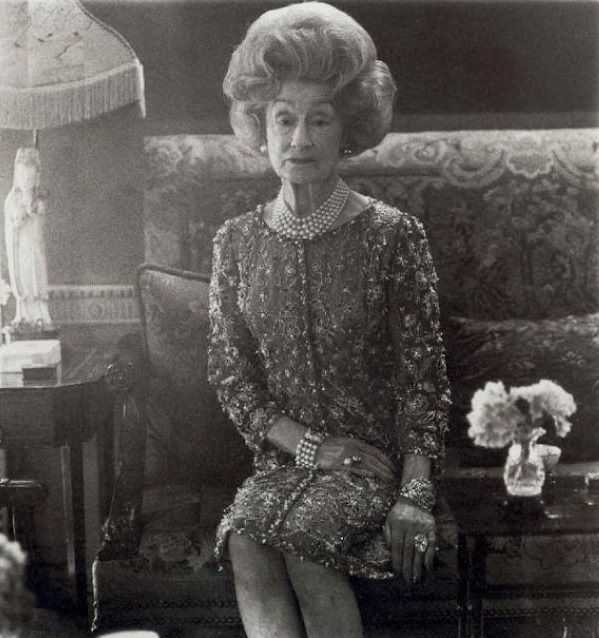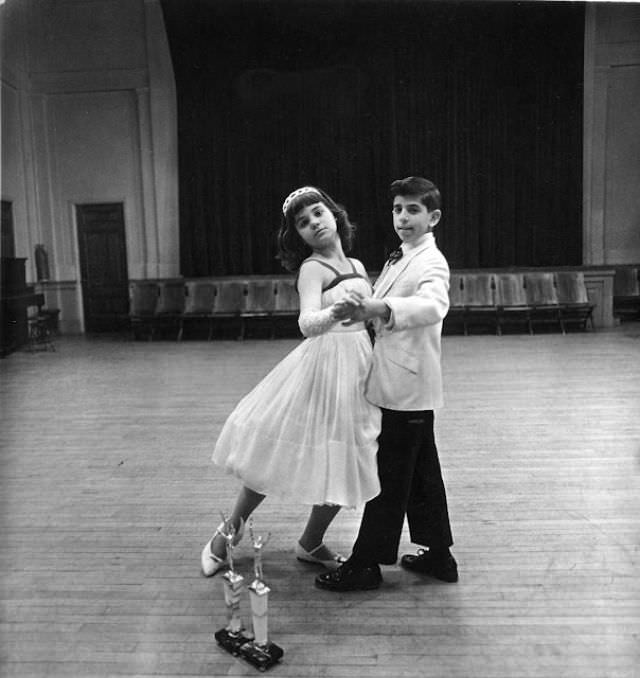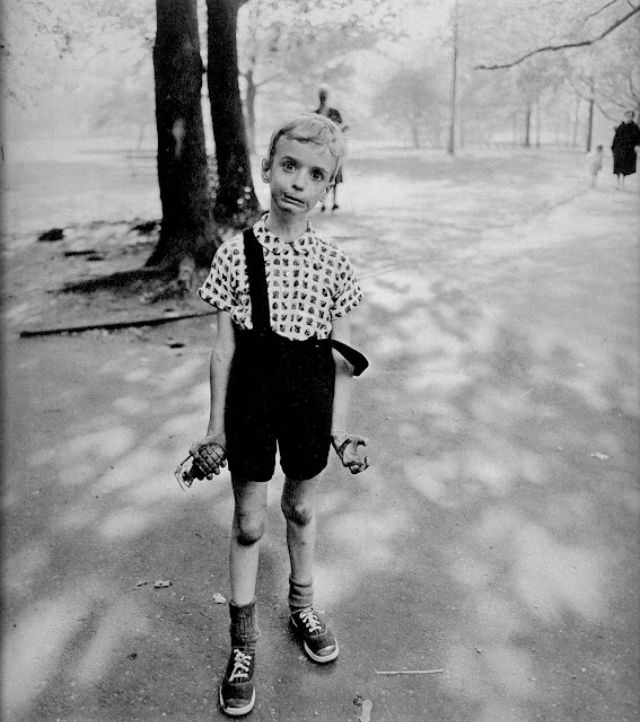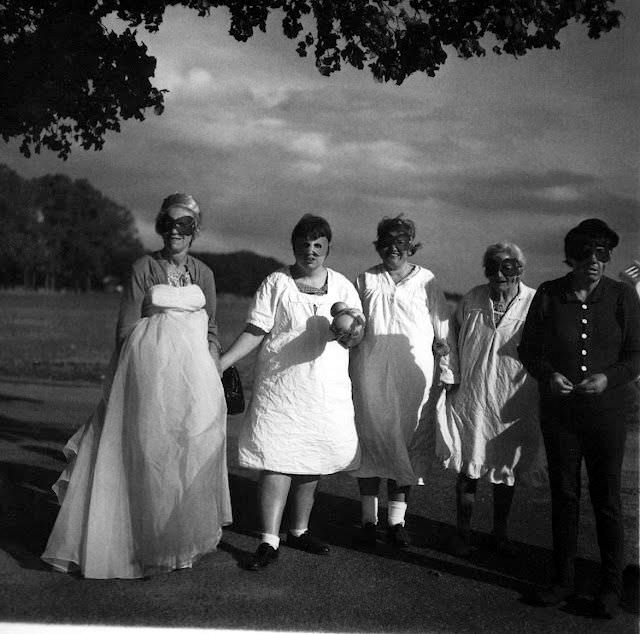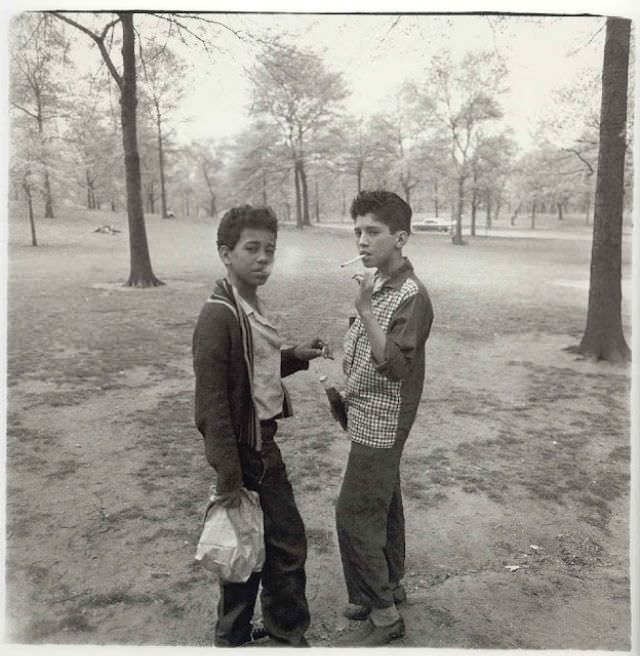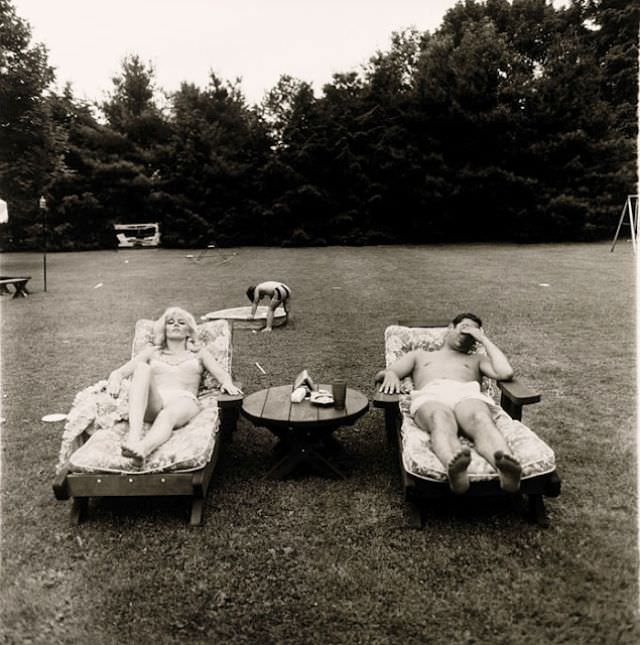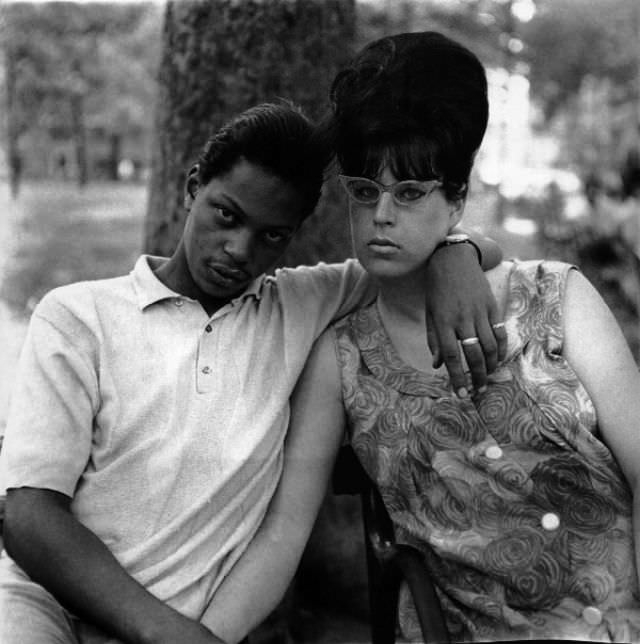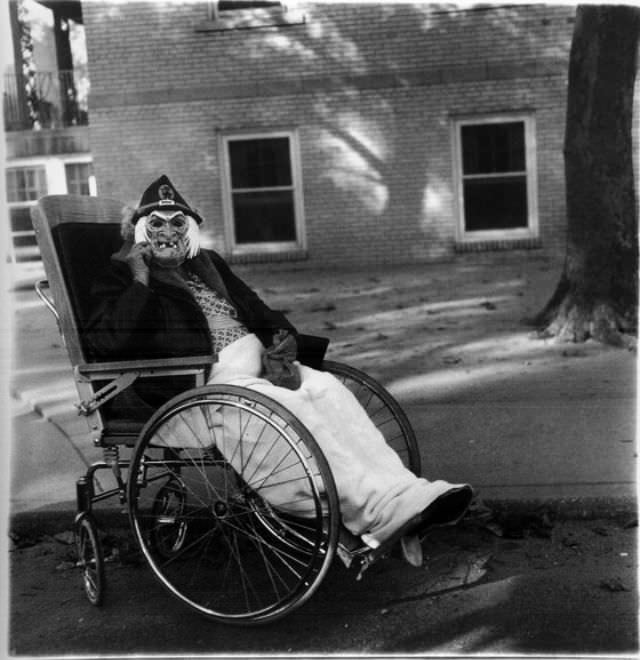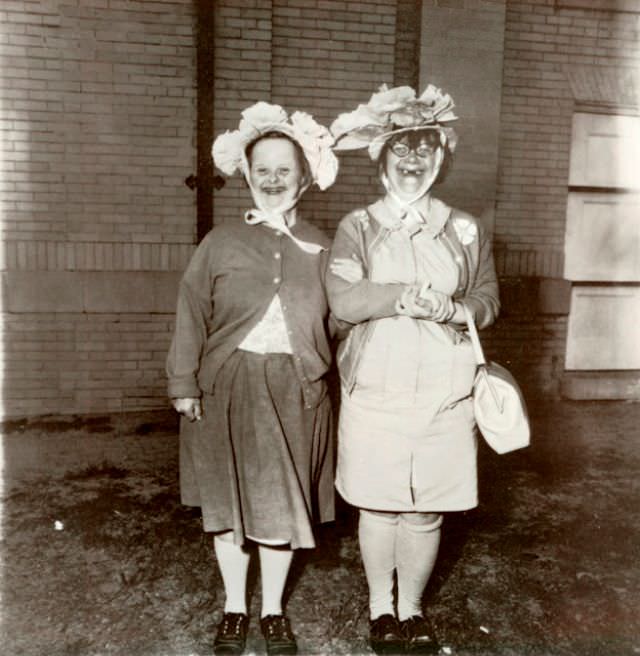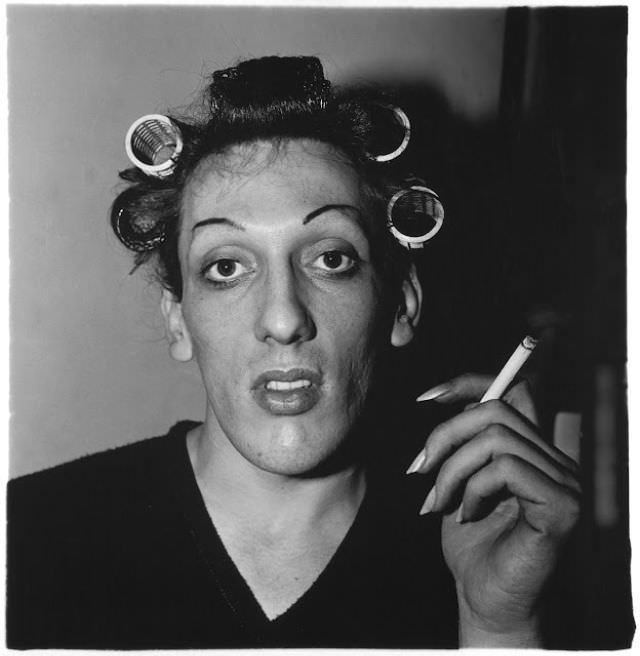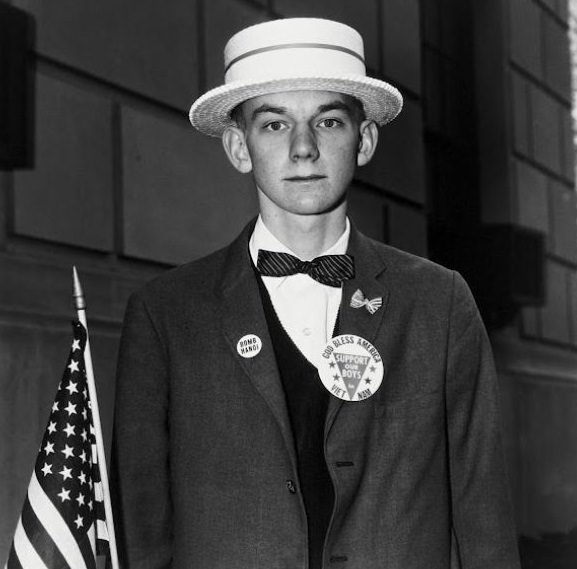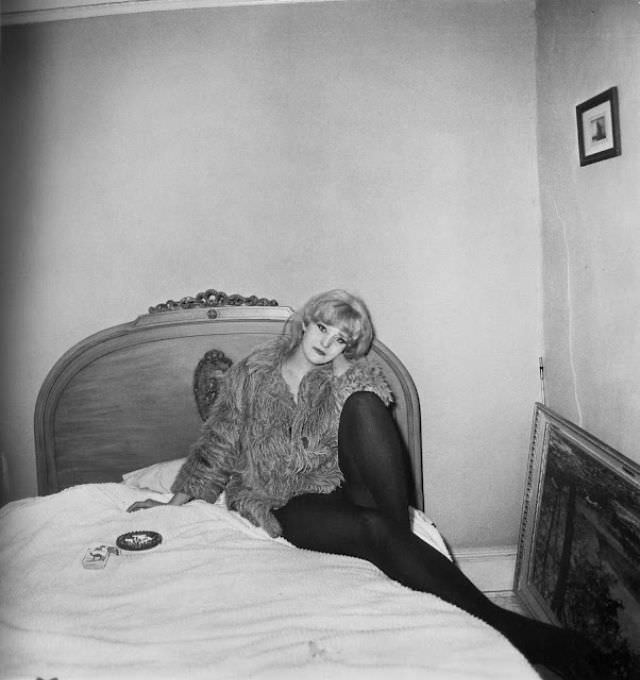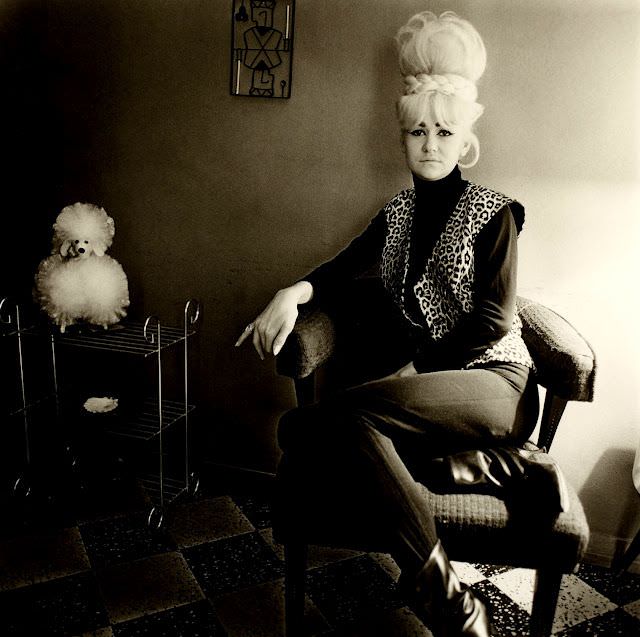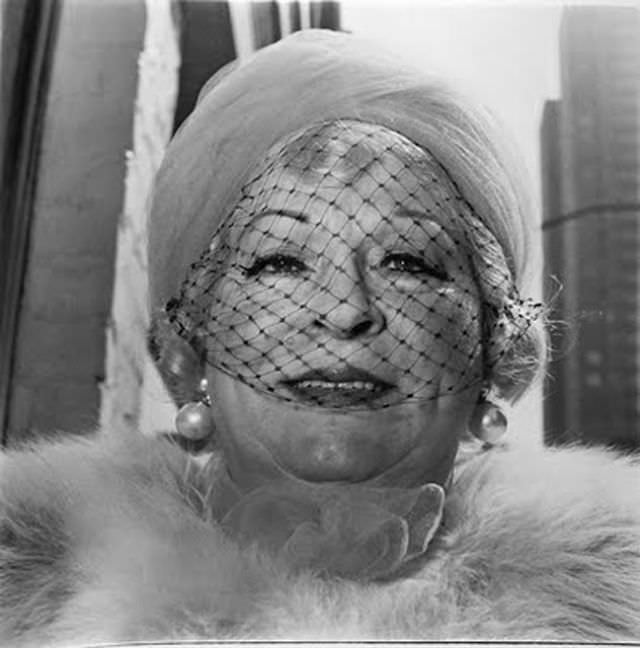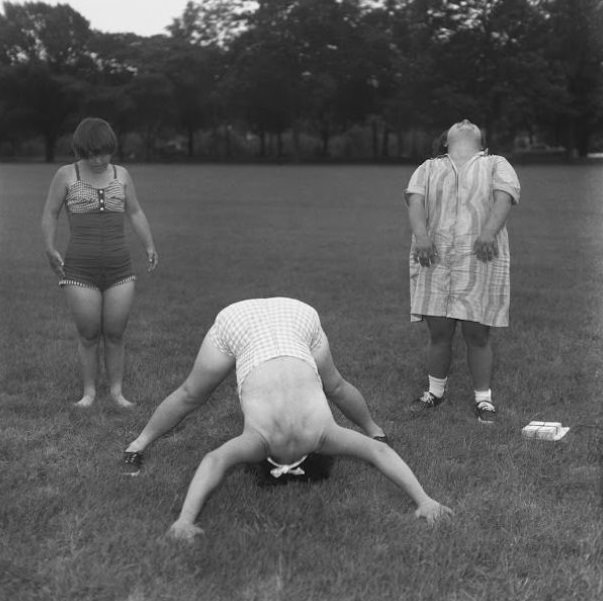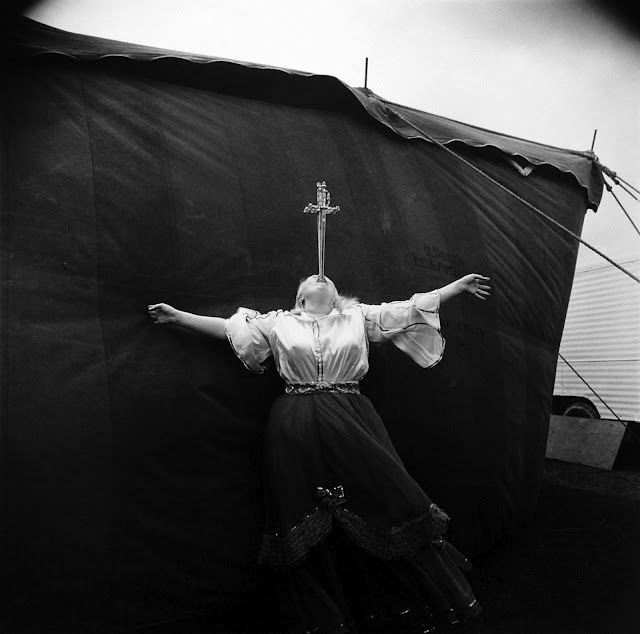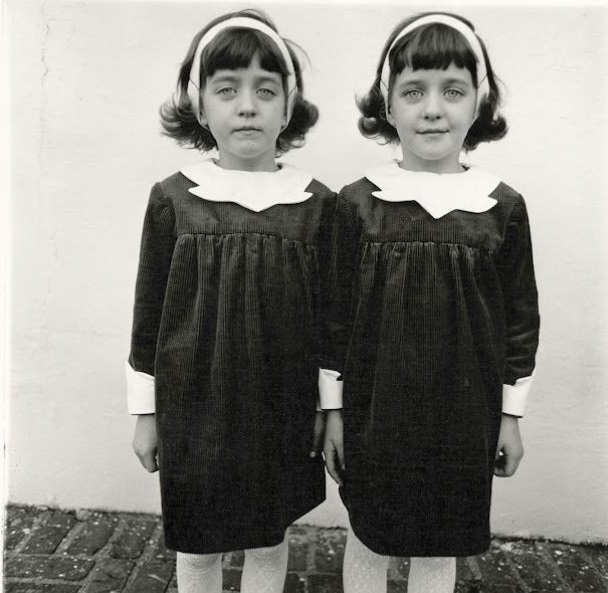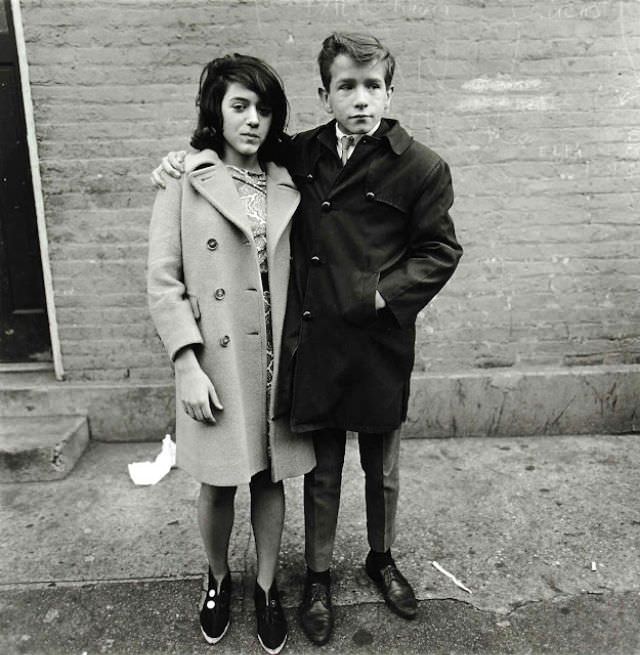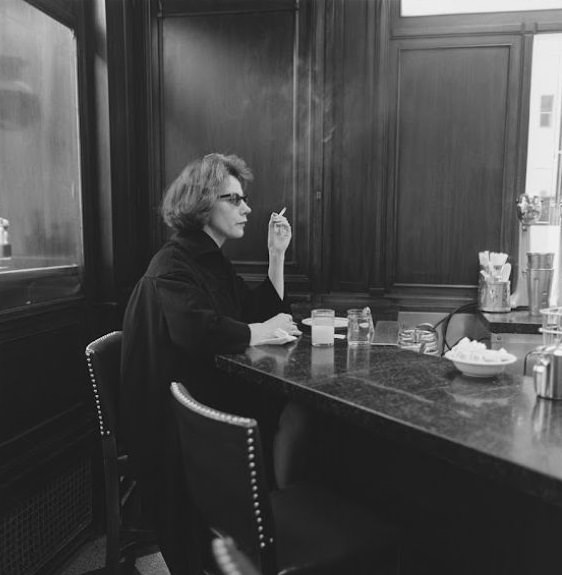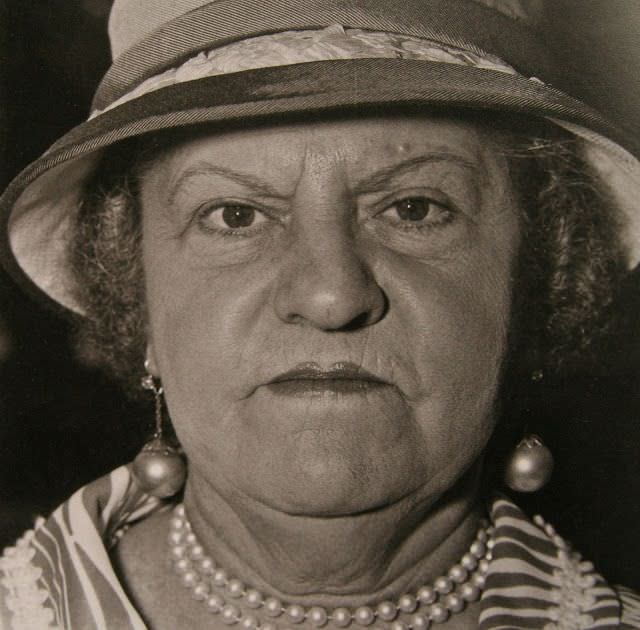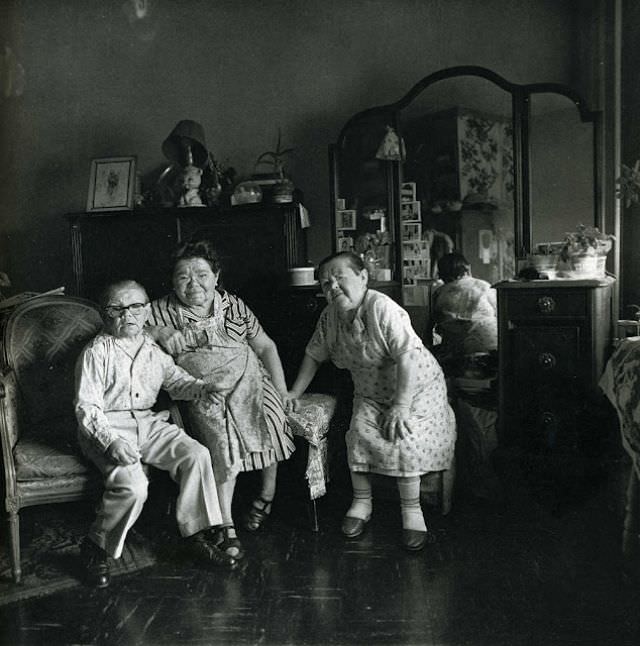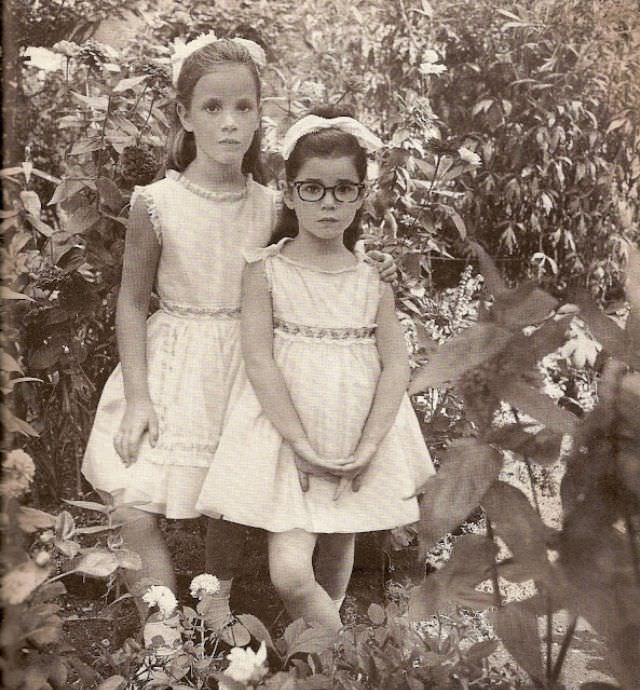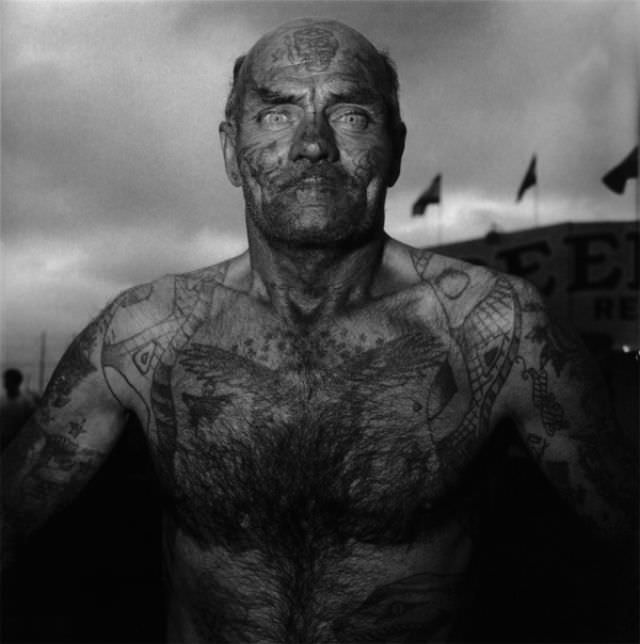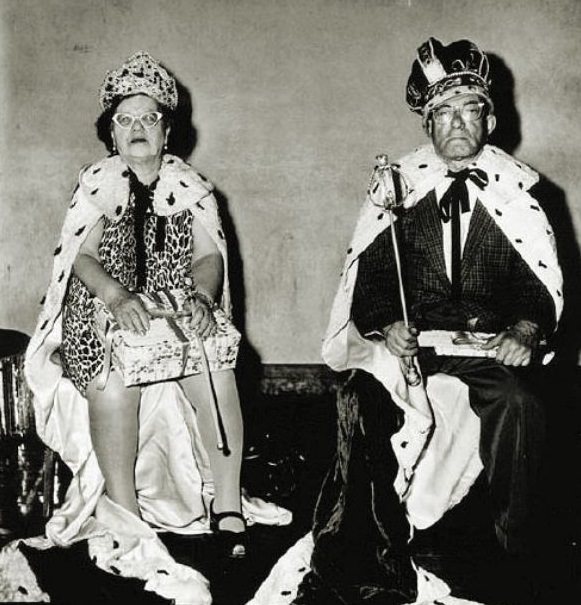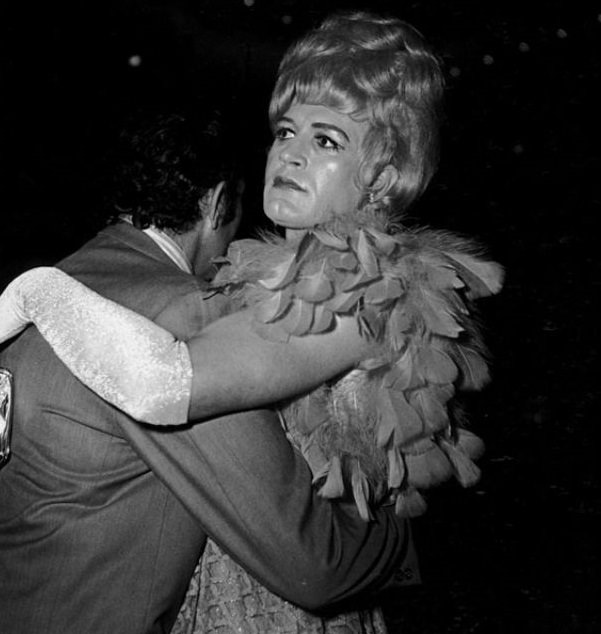Diane Arbus was drawn to the edges of society. In her black and white square photographs, she captured people who were often overlooked or ignored. She photographed those considered “different” – people with dwarfism, giants, transgender individuals, and circus performers. Arbus found beauty and humanity in those who were often labeled as “freaks” or “eccentrics.”
Arbus believed that a camera could reveal hidden truths. She wasn’t interested in making her subjects look glamorous or “normal.” She wanted to show them as they truly were, with all their quirks and complexities. Her photos are often close-up and intimate, inviting the viewer to connect with the subject on a personal level.
She photographed a child with a toy hand grenade, his expression both innocent and unsettling. She captured a young man with Down syndrome, his face full of joy and life. She portrayed a woman in a feathered hat, her gaze both defiant and vulnerable.
Arbus’s work challenged the way people saw the world. She asked viewers to consider what is “normal” and to question their own assumptions about beauty and difference. Her photos are sometimes unsettling, even disturbing, but they are also deeply human.
While some praised her work, others found it exploitative. They felt she was profiting from the misfortune of others. Arbus herself worried about being known simply as “the photographer of freaks.” But she also believed that her photos could help people to see the world in a new way.
Arbus’s life was marked by personal struggles with depression. Sadly, she took her own life in 1971. Her death added another layer of complexity to her work, raising questions about the relationship between the artist and her subjects.


